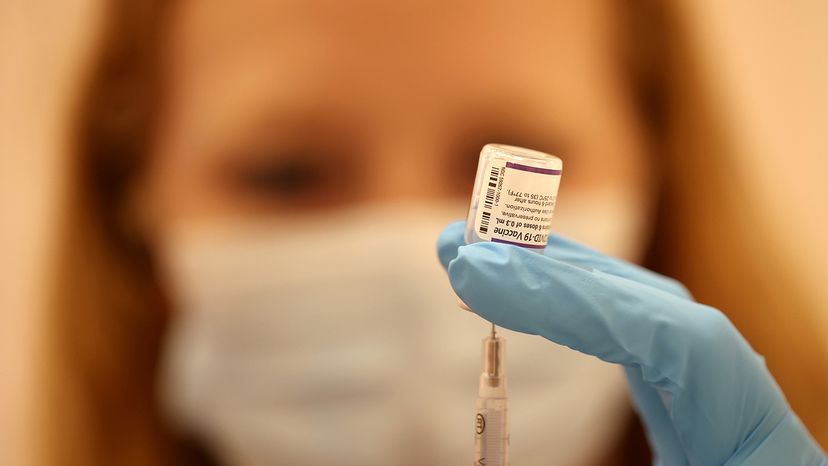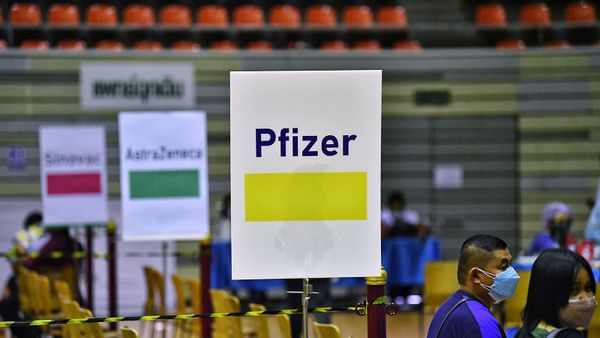
In late March 2022, the U.S. Food and Drug Administration (FDA) authorized a second booster shot of COVID-19 vaccines for vulnerable populations in the U.S., a move that was soon after endorsed by the Centers for Disease Control and Prevention (CDC). People ages 50 years and older and certain immunocompromised individuals who are at higher risk for severe disease, hospitalization and death are eligible four months after receiving the initial booster shot.
A second booster shot is equivalent to a fourth dose for people who received a Pfizer-BioNTech or Moderna mRNA series or a third dose for those who received the single-shot Johnson & Johnson vaccine.
Advertisement
In Israel, people in these same vulnerable categories began receiving fourth doses in January 2022. The U.K. recently started administering a fourth dose for people 75 years and older and coined it a "spring booster." In Germany, those over 60 years old are now eligible for a fourth shot of the mRNA series.
I am an epidemiologist at the University of Texas Health Science Center School of Public Health and founder and author of Your Local Epidemiologist, a newsletter translating the latest public health science for everyday use.
The latest recommendations have left many wondering about the importance of boosters for protection against COVID-19. Does the third shot wane over time? Is a fourth dose necessary? What if you've had a previous infection?
After reviewing the mounting body of research on how the immune system shifts over time following each dose, it is clear that another booster for vulnerable populations has meaningful benefit with very little risk.
Advertisement
